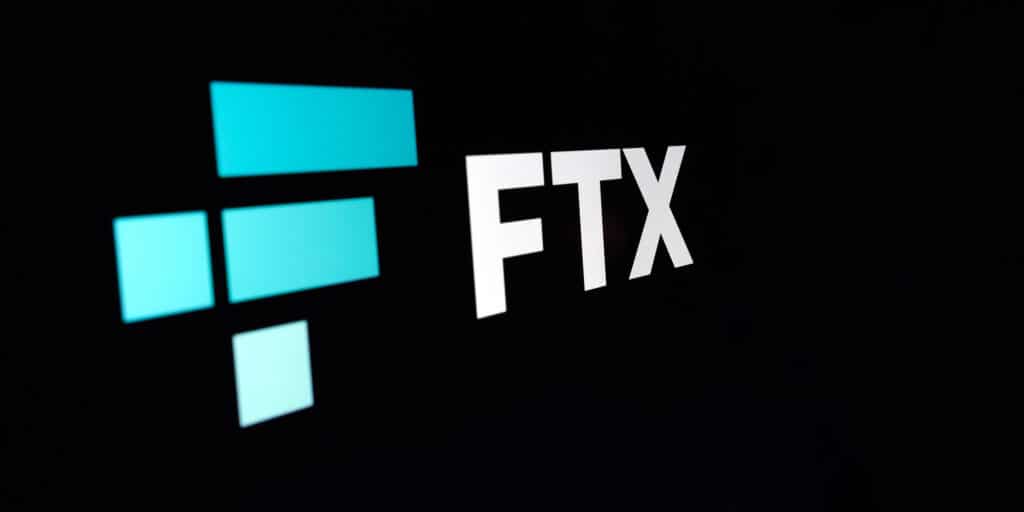TLDR
- Kroll faces a class-action lawsuit over alleged negligence in a 2023 data breach.
- The breach exposed personal data of FTX, BlockFi, and Genesis creditors.
- FTX creditors report receiving daily phishing emails linked to the breach.
- Lawsuit claims Kroll’s email-only communication compromised claim verification.
- Plaintiffs seek damages and operational reforms to improve security.
Kroll is now facing a class-action lawsuit after a data breach allegedly exposed the personal details of FTX, BlockFi, and Genesis creditors. Hall Attorneys filed the lawsuit in a U.S. district court on behalf of FTX customer Jacob Repko. The complaint claims that affected creditors continue receiving phishing emails, creating ongoing risks linked directly to the Kroll breach.
Lawsuit and Allegations Against Kroll
The plaintiffs accuse Kroll of negligence, stressing the company’s reliance on email-only outreach for all creditor communications. According to the complaint, this reliance compromised the claims verification process, causing delays and financial losses for many creditors. “Kroll’s failure has left creditors vulnerable,” the lawsuit stated in clear terms.
Furthermore, the complaint links phishing campaigns to the August 2023 breach, where malicious actors accessed sensitive creditor information. Attorneys argue that Kroll’s lack of safeguards intensified exposure and led to repeated scams targeting creditors’ personal accounts. The lawsuit seeks damages and structural reforms to prevent further incidents.
Nicholas Hall of Hall Attorneys emphasized that creditors could receive monetary compensation and that the case may force operational changes. He confirmed that participants eligible for the case could benefit if the court rules against Kroll. The firm also operates the FTX Claims website, which assists creditors in navigating claim processes.
Kroll Breach Leaves FTX Creditors Exposed
Prominent FTX creditor Sunil Kavuri said phishing attempts continue daily, sharing screenshots of scam emails using his personal details. He reported receiving several such messages between August 14 and the following Sunday, showing an ongoing threat to creditors. Another creditor confirmed experiencing identical scams, underscoring widespread exposure.
This continued targeting has increased frustration among creditors already struggling with delays in the claims process. The phishing emails mimic legitimate FTX communications, tricking recipients into sharing sensitive information. Lawyers argue this demonstrates a clear link between the Kroll breach and creditor vulnerabilities.
The complaint highlights that creditors were left with limited protection because communication occurred solely through email. This single point of contact allegedly enabled scammers to exploit gaps with ease. Consequently, many FTX creditors report feeling unprotected despite ongoing reimbursement rounds.
FTX Creditors Await $1.9 Billion Repayment
Kroll’s security has faced scrutiny before, with another breach in March exposing invoicing and accounts payable data. That incident also involved compromised email addresses, raising further questions about the company’s internal controls. Critics argue that repeated breaches reflect a broader pattern of failure.
Meanwhile, repayments to FTX creditors continue, with $1.9 billion scheduled for distribution on September 30. This third reimbursement follows a May round worth more than $5 billion, which partially relieved creditor concerns. However, foreign creditors, including those in China and Russia, remain excluded from payouts.
Earlier in February, FTX detailed its plan to distribute $1.2 billion to users with claims up to $50,000. These efforts represent significant progress, but daily phishing attacks erode creditor trust in the process. The outcome of this lawsuit may reshape how Kroll and similar firms handle sensitive creditor data.






